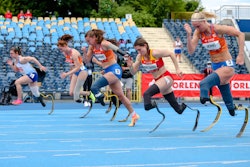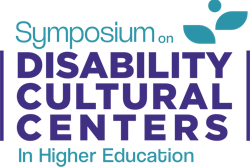WASHINGTON – In the diversity movement, nearly every imaginable identity marker is part of the conversation—race, ethnicity, religion, gender, sexual orientation—but disability remains a burden many in higher education fail to acknowledge, a panel of higher education disability advocates said Tuesday.
At the Educational Policy Institute’s annual National Capitol Summit, disability advocates expressed dismay that so little progress has been made to include students with disabilities—particularly those with cognitive impairments—in the national conversation about access and equality. The Virginia Beach, Va.-based Educational Policy Institute is a nonprofit research organization dedicated to issues related to the expansion of quality educational opportunities.
“I think the most frustrating part is really promoting an understanding of disability as a part of the diversity discussion,” said Jane West of the American Association on Colleges for Teacher Education. “Disability is a part of human life; it’s a part of the differences we experience every day. We have targeted outreach efforts to other underserved groups in higher education, but there is no such thing for students with disabilities.”
While recently passed higher education legislation has authorized more than $2.5 billion in support for institutions serving underrepresented minority students, funding for disability-focused programs has remained flat for the last 15 years, West said.
West and her colleague, Sally Scott, the director of disability services at the University of Mary Washington, say pedagogical reform should include the notion of universal design—a teaching method that allows a broad range of students to engage in classroom instruction through different learning styles.
Such definitions were written into the Higher Education Opportunity Act, but research and programs for the “new approach to educational access” have remained largely unfunded, Scott said.
Teaching teachers more about disability could help students like 56-year-old Laurie Rippon, a master’s student at George Washington University, struggling with cognitive disabilities that affect her classroom experience.




















